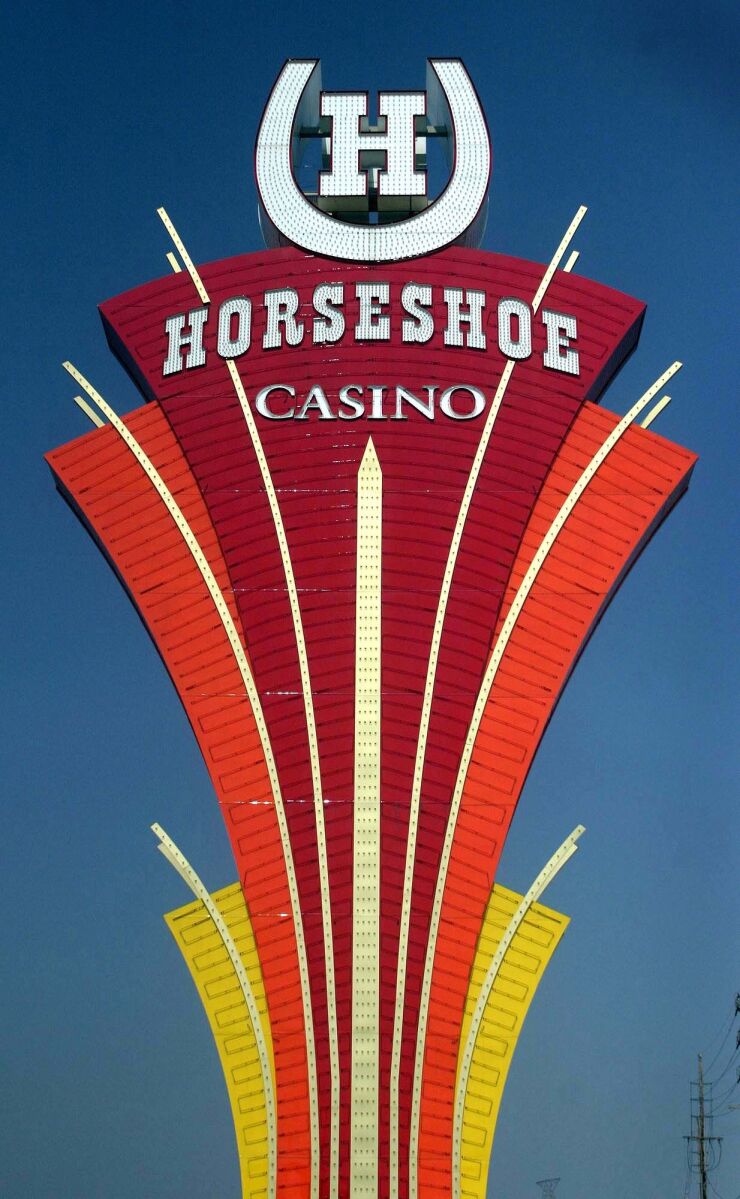Chicago has
Two of the five come from Bally’s Corp. based on separate sites although both would be self-managed; one is from HR Chicago LLC with casino operations managed by Hard Rock International; the fourth is from Rivers Chicago at McCormick LLC with casino operations managed by Rush Street Gaming LLC; and the final is from Rivers 78 Gaming LLC that would be managed by Rush Street Gaming, LLC.

The developer will hold exclusive rights to own and operate a casino-resort with the goal being to get a temporary venue up and running for up to 24 months with the potential for a 12-month extension, before a permanent site opens. The winner will also have the opportunity to operate slot machines at Chicago Midway International Airport and Chicago O’Hare International Airport.
“The submission of bid responses represents a major step toward the thoughtful development of a casino-resort that uplifts our businesses, employs and empowers our residents and encourages tourism,” Mayor Lori Lightfoot said in a statement.
Required elements include a casino-resort with 500 hotel rooms or less, meeting spaces, restaurants, bars, and entertainment venues. The proposals pitch various sites which will be part of the negotiations.
Various city officials and departments will review the proposals and recommend a top choice early next year to Lightfoot. Various public meetings would be held and the Chicago City Council must approve the choice and a host agreement. The state gaming board also must approve the city’s choice, which must meet state licensing requirements.
The city’s 2022 budget adopted last week by the City Council doesn’t anticipate any casino-related payments and a permanent venue could take until 2025 to open.
Past state legislation sends the revenue to the city’s police and firefighters’ pension funds. The city’s four funds combined have $33 billion of net pension liabilities with its funds ranging from 19% to 44% funded.
The city won’t use the new revenue to supplement contributions, but it will go into the pot of corporate funds that flow to contributions, easing strains on current funding sources that mostly come from property taxes.
“The intention is to include it as a part of the overall payment that we make,” Chicago Chief Financial Officer Jennie Huang Bennett said in an interview Monday. “The casino revenues are a dedicated revenue stream for pensions so it helps us in achieving” coverage of the contributions.
The city has no plans in the works to securitize the future stream of revenues, but it remains on the table, although the state legislation poses a limiting factor for any deal with the mandate that the city’s take go to public safety pension funding.
“I think it’s too early to say at this point. We need to see what the ultimate construct of the host community agreement will look like before we can determine different ways we might leverage the revenues that come from it,” Bennett said.
Lightfoot and her predecessors have long eyed establishing the city’s first casino to capture revenue that is now lost to competitors in suburbs and across the Indiana and Wisconsin borders.
The state awarded Chicago its first casino license in 2019 as part of an expansive gambling package that allowed for six new casinos to help support a $45 billion state infrastructure but its tax structure was considered too onerous to attract an investor. There are 10 casinos currently operating in the state.
The state tweaked the tax structure. The city expects an initial upfront payment but Bennett said it’s too early to determine its size as the review of proposals is only just beginning. The casino financing costs could run around $1.5 billion to $2 billion but that’s the responsibility of the developer.
The city initially set a
Moody’s Investors Service, which rates Chicago at the Ba1 level with a stable outlook, last year labeled the state changes as a credit positive.
Civic and research groups have warned against relying heavily on gambling revenues given their economic-driven fluctuations.
Illinois’ share of wagering revenues in fiscal 2021 totaled $1.36 billion, an 11.1% increase over 2020 levels which had fallen 12.9% from 2019 due to the COVID-19 pandemic’s impact.
Adjusted gross receipts for casinos fell 4.8% in fiscal 2021 following a 30% decline in fiscal 2020, according to the Illinois Commission on Government Forecasting and Accountability.





